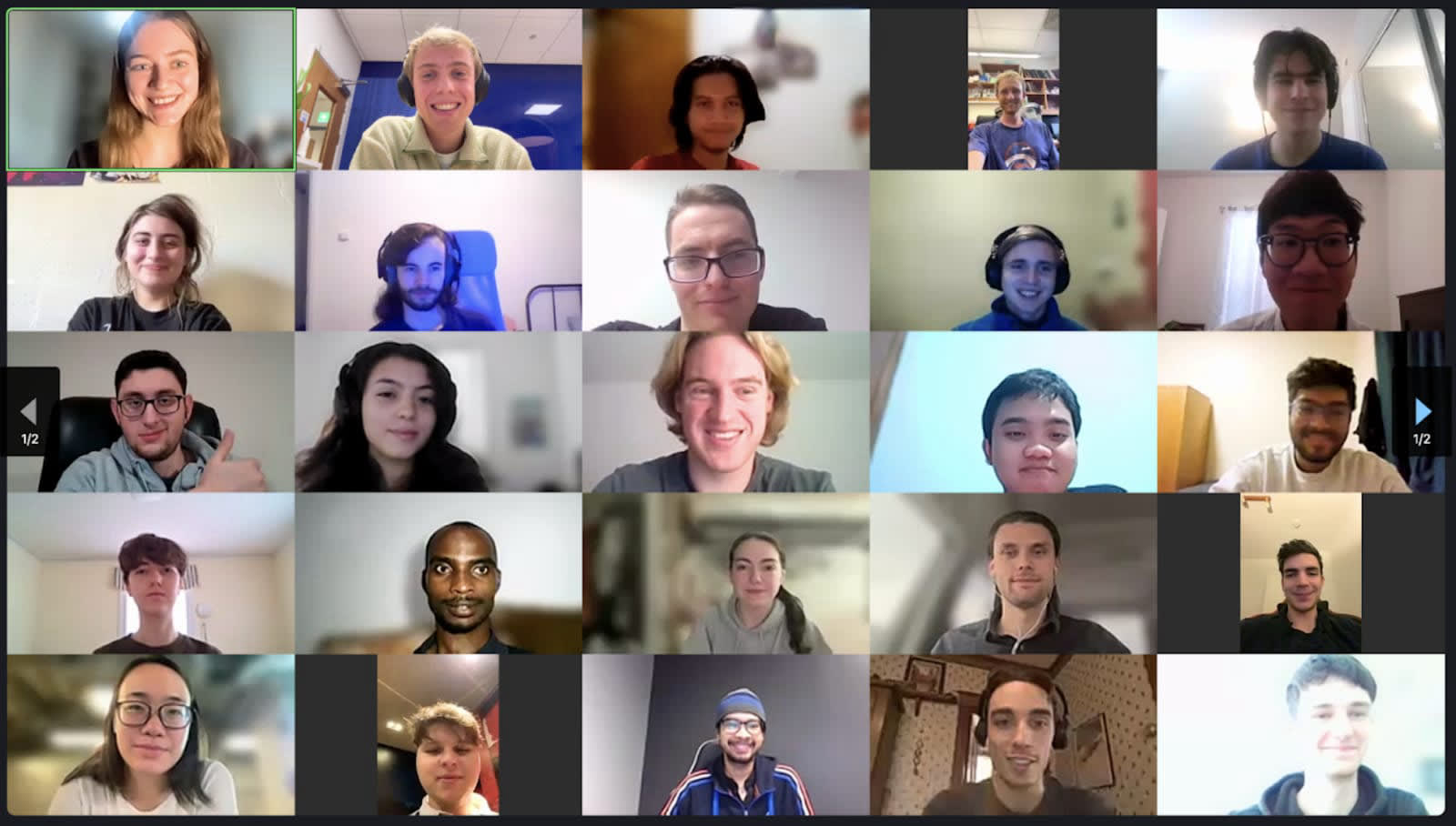It is often discussed that EA is talent-constrained, and the movement is experimenting with ways to create new leaders for the most pressing cause areas.
Since the launch of Naming What We Can, our linguistically-talented team conducted in-depth analysis in search of the most promising and neglected opportunities within this space.
Our analysis shows that even though incubation programs are considered outside EA to be one the most promising ways to foster new talent, there is not a single incubation program within the EA ecosystem.
Project Plan
- The first, and hardest part of the program, is finding strong applicants. The incubator participants would stay in the incubator facility for ~18 years and will be able to learn about EA and develop domain expertise.
- The new people incubated at our incubator will be called X-risk-Men.
- At some part of their growth, each X-risk-Man would realize they have an EA-superpower. Some will be super-forecasters. Others will be able to create QALYs out of thin air. In the most extreme cases, some might even be able to discuss Roko's Basilisk without putting everyone close to them in danger.
- When their incubation is over, the X-risk-Men will all be automatically accepted to Charity Entrepreneurship (or has been renamed by Naming What We Can - Charity Entreprenreurooshrimp) and start super-effective charities.
As others have noted, “EA should focus on being a really good place for a relatively small group of unusual people to try to be extremely impactful”. And there is nothing weirder than superpowers, which definitely have not gone mainstream.
Impact estimation
Overall, we think the impact of the project will be net negative on expectation (see our Guesstimate model). That is because we think that the impact is likely to be somewhat positive, but there is a really small tail risk that we will cause the termination of the EA movement. However, as we are risk-averse we can mostly ignore high tails in our impact assessment so there is no need to worry.
Call to Action
In order to begin the incubation program, we need local EA groups to identify members with unusual talents or who are otherwise strange. We expect that very few EAs are strange, so this may be difficult, but with effort, we think that most EA groups (and maybe some EA orgs) can identify at least one such member and nominate them in a comment below.
Once all members are chosen, we will secretly clone them and raise the clones in the new actual incubator.
Many thanks to David Manheim, Guy Raveh, Omri Sheffer, Edo Arad, and Yuval Shapira for contributing to this new important project, as well as many members of EA Israel (some of them have actually been through the trials in the Israeli desert).



EA Sweden nominates Lowe Lundin - looks like your everyday swede, but don't let the blonde locs and innocent blue eyes fool you. This guy is wandering encyclopedia who eats enough for three people and has the hart of four people.